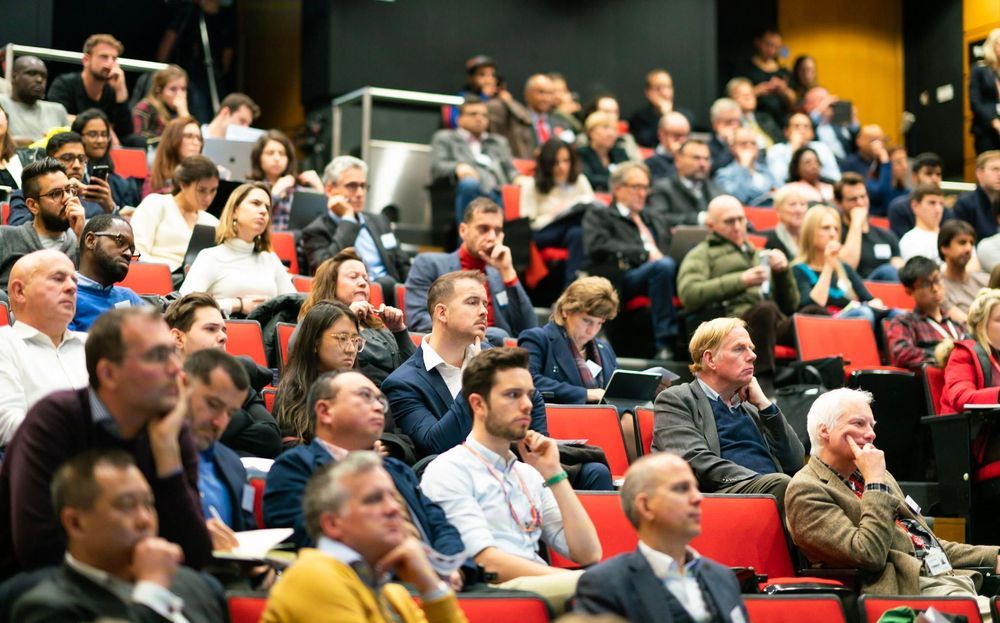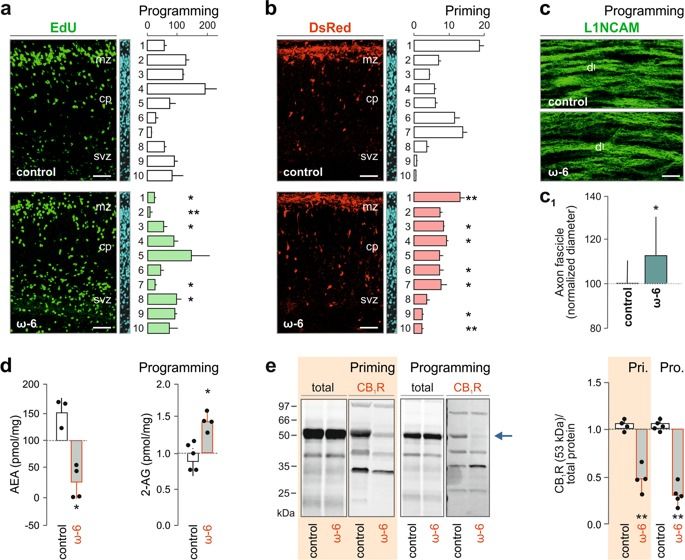On November 2, 12 bottles of Bordeaux wine were launched to the International Space Station (ISS). These bottles are not intended for holiday celebrations by the crew, however (consumption of alcohol is officially prohibited in space.) Instead. the bottles are part of an experiment conducted by the University of Bordeaux’s Institute of Vine and Wine Science (ISVV) and a company called Space Cargo Unlimited to investigate if the aging process of wine is affected by microgravity conditions.
As novel as this experiment sounds, the Bordeaux team is not the first group to examine how alcoholic beverages age in space. That distinction is held by two whisky producers, one in Scotland, the other in Japan. In 2011, Scotch whisky producer Ardbeg partnered with Nanoracks to launch the first whisky aging experiment in orbit. When the samples were returned to Earth in 2014, a clear difference was readily apparent from the control samples that remained on Earth—and not for the better. According to an Ardbeg white paper, the aftertaste was “pungent, intense and long, with hints of wood, antiseptic lozenges and rubbery smoke.” However, Ardbeg was not certain if this was a result of the aging process or other extreme factors that the samples encountered.
In 2015, Japanese whisky producer Suntory also launched whisky samples to be aged on the ISS. One batch of these samples returned to Earth for analysis after a year in orbit, but another batch still remains on the station. Thus far, Suntory has not released any data from these experiments.





